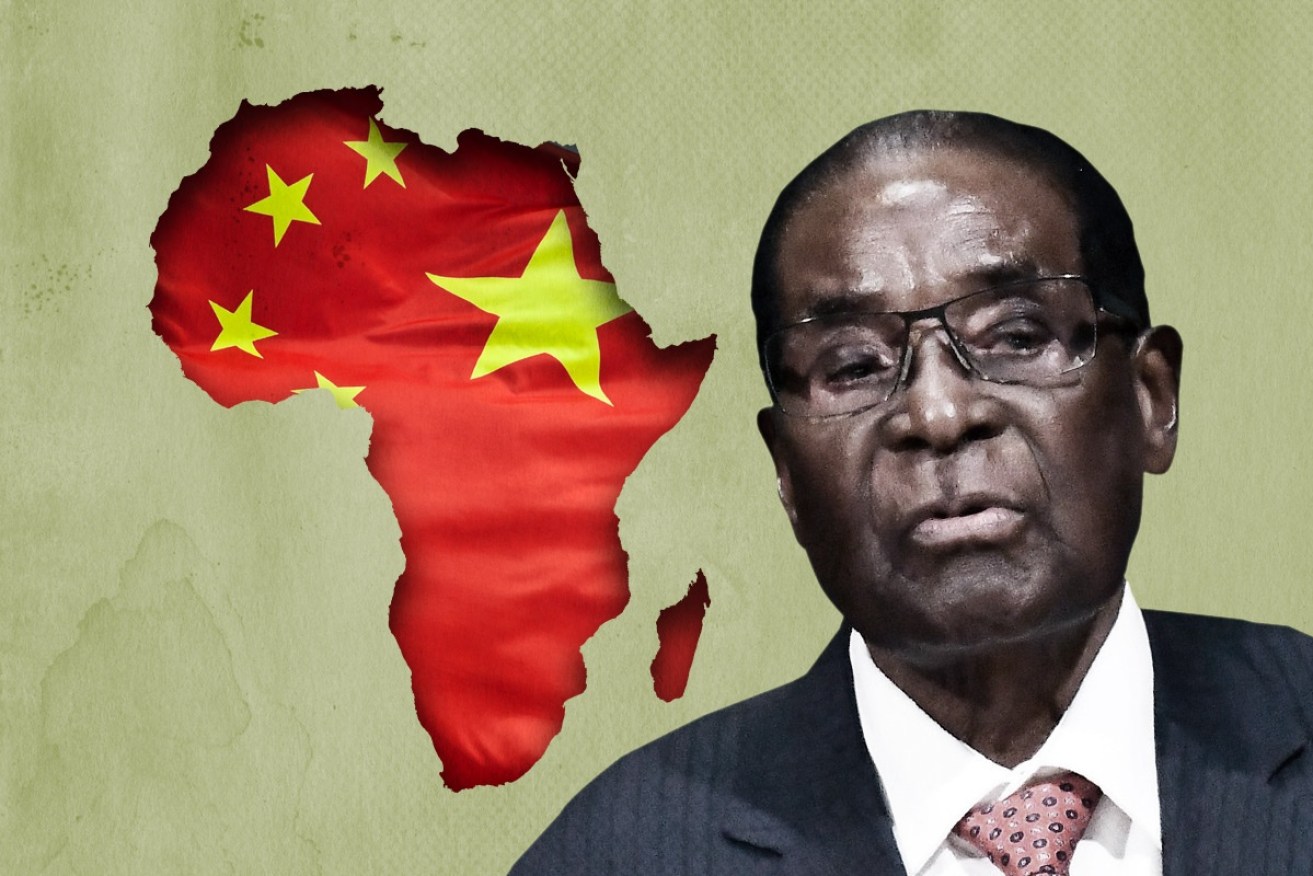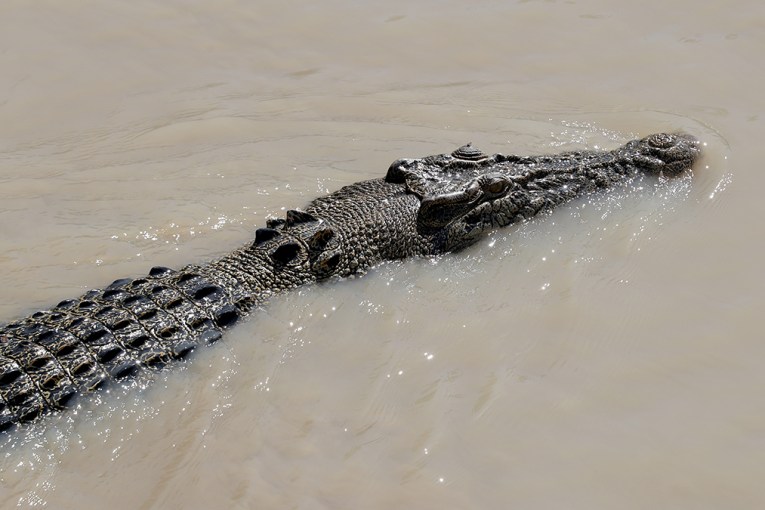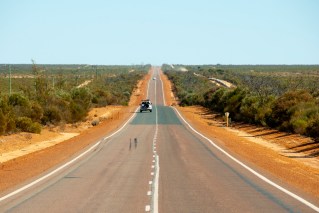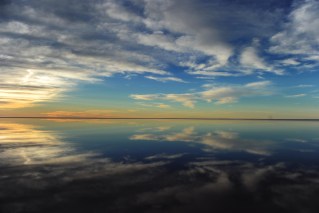China’s expansion of influence into Africa, brought to global attention during the overthrow of Robert Mugabe, should not overly concern us – after all, it is a very Australian approach.
At the height of the Zimbabwe coup, days before Mr Mugabe finally resigned, several reputable media outlets reported on a mysterious trip to Beijing by the African nation’s military chief. China’s foreign ministry dismissed it as a “normal military exchange”.
The West often forgets there is still a great deal of resentment, not affection, for Europeans in Africa. And now the Chinese are coming instead.
Mr Mugabe continually reminded the world that Britain was his enemy – and that African countries did not cry in their cornflakes when the UK joined the EU, rather they cheered at the victories of their liberationist struggles.
While the British left behind some governance structures at the end of the colonial period, when the Belgians left Congo they took back all things of value, right down to the light globes and the copper cable to the street lights.
Some fear Chinese investment in the African continent will repeat impacts more like the Belgians than the British, but this may not be so.
Watch Malcolm Turnbull launch new foreign policy white paper:
China’s ‘One Belt One Road’ (OBOR) policy has received more attention lately. Policy makers are starting to see the huge impact that OBOR is having in Asia Pacific, Central Asia and South Asia.
But people are only starting to realise that while OBOR starts in Asia, it finishes in Africa.
In his book The Looting Machine, Tom Burgis compares and contrasts European and Chinese involvement in Africa and comes to a surprising conclusion that maybe, just maybe, the Chinese approach of ‘national building infrastructure’, even if built by Chinese workers, may potentially be the better approach when contrasted to the Europeans.
China has built the new Mombasa to Nairobi railway, the new port in Djibouti, and roads, bridges and pipelines throughout the continent.
China may be doing to Africa something quite different to that done by the Europeans.
China is not an imperialist country in the classic sense, but it is worried about its access to natural resources, and worried about the creation of markets for the finished products of these resources.
It is in China’s interest that Africa is not ‘raped and pillaged’ further, but that a balance is found between access to natural resources, and the creation of markets for the finished good to be sold into the future.
There is little doubt that the Chinese leadership made their view quite clear that whether Mr Mugabe stayed or went, there was to be no descent into chaos.
While China may not take the high horse on human rights issues, it does want broad-ranging economic growth in Africa and people capable of becoming middle-class consumers. After all, it is to Africa that China will look to grow the markets for the goods they make from Africa’s natural resources.
Strangely this ‘build the economy and build the market’ approach by China is not too different from Australia.

The new White Paper says the Australian government is “working to expand and diversify commercial links with Africa”.
In the new Foreign Affairs White Paper released on Thursday, the Australian government notes that it is “working to expand and diversify commercial links with Africa. Africa’s population of 1.2 billion will double by 2050 and its growing urban middle class is creating new demand for goods and services”.
Africa is already a major market for Australia’s mining services, so in a sense the Chinese approach, while greater in scale than Australia’s, is not so different in philosophy. Both countries approach Africa today with a more respect than many of the former colonial overloads did in the age of Empire.
The new White Paper calls for more independent thought in the Indo-Pacific from Australia and recognises that Australia now walks a fine balance between the United States in decline and China on the rise. Australia must do this while keeping watch on both its security interest tied up with the US and economic interests tied up with China.
And here is an idea. Australia created APEC, the Asia Pacific Economic Cooperation. One of the great benefits of APEC has been easier trade through the APEC Business Traveller’s Card which gives senior business leaders multi-year business visas to each economy.
At the Commonwealth Leader’s meeting next year, Australia should propose a ‘Commonwealth Business Traveller’s Card’ along the same lines to encourage better and easier trade within the Commonwealth, particularly in Africa.
In doing this with Africa, and in helping create APEC in Asia, Australia can both punch above its weight in economics and diplomacy and provide a concrete service to both ends of the new growing force: One Belt One Road.










